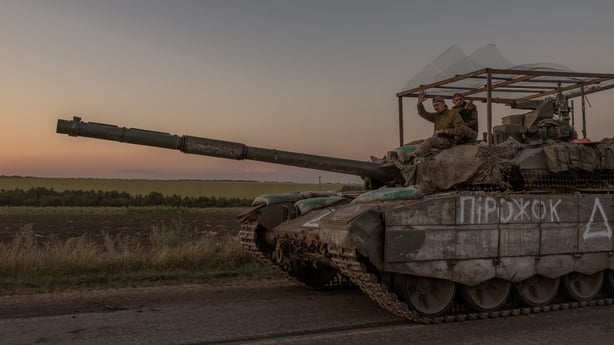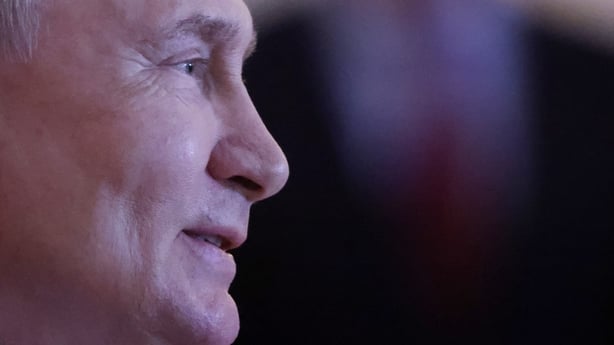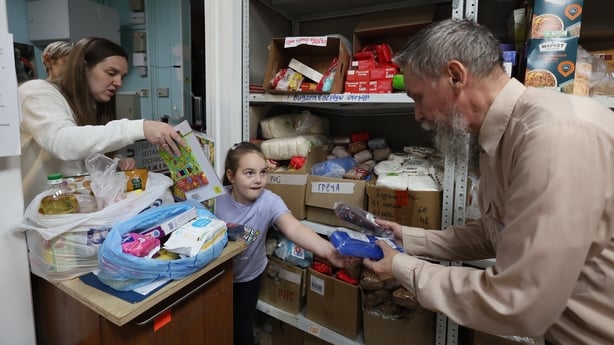The last two weeks have seen the war in Ukraine come home to Russia.
What the Kremlin calls the special military operation has been under way for the last two and half years, but many Russians have managed to avoid its direct impact.
That changed for hundreds of thousands of people in the Kursk, Bryansk and Belgorod regions of Russia in the last week and a half.
In Kursk, Ukrainian soldiers taking down Russian flags over public buildings could hardly have been a more potent symbol of how the war had arrived on the streets of towns inside Russia's border.
It was a surprise and a shock - for those residents, for the Kremlin and for Ukraine’s international partners.

For months now the narrative of the war has been one of a struggling Ukraine severely hampered by dwindling military hardware, diminishing energy among its embattled troops and increasing uncertainty about what the future with a Western alliance might hold, particularly amid the uncertainty about who will win the race to the White House in November.
For all those reasons and more, an incursion into Russian territory seemed an unlikely prospect and when it began on 6 August the assumption was that it would not hold for long.
But it is still holding, and while it does it creates major issues for the Kremlin.
The first and most immediate is the welfare of those people caught up in the conflict as thousands evacuate their homes to escape the fighting.
As they line up to be bussed away from their homes with no knowledge of when they will return, it elicits memories of the early days of the Russian invasion of Ukraine.

Though some of those affected were being offered compensation from the Russian government if forced to evacuate, the 10,000 Russian rubles, which equates to €100, is a small sum bordering on the derisory to someone driven from their home.
That creates the second issue for the Kremlin - instability.
Vladimir Putin has built his career on strength.
Determined to return Russia to the central role in global politics from which he feels it has been unfairly ousted, Mr. Putin has always presented himself as the man who can provide security.
As tens of thousands of people in the Kursk, Belgorod and Bryansk regions come under sustained attack and find their lives upended they will be feeling little security.
Images of aid organisations in Moscow gathering provisions for those who have been evacuated show that news of the events has spread.

The first incursion into Russian territory since World War II will have damaged the sense many Russians have managed to retain suggesting the war in Ukraine has little to do with their lives.
Not since the attempted coup by Wagner leader Yevgeny Prigozhin in 2023 will the Russian public have been brought so close to the consequences of the war in Ukraine.
But, as with that coup attempt, it is how President Putin chooses to respond which is crucial.
On the face of it President Putin is holding a bad hand: Ukrainian forces on Russian land, the NATO encroachment he so feared only increasing as Sweden and Finland join the alliance in recent times, and a war hurtling towards the three-year mark when his belief was that it would be over swiftly.
But a large element of Mr Putin’s ability to stay in power for over two decades has been the skill of taking a bad hand and playing it to his maximum advantage.
His response now - to Ukraine's advances, to his own people and to Kyiv’s partners and allies - will be keenly watched to see where it sends the next phase in this conflict.




